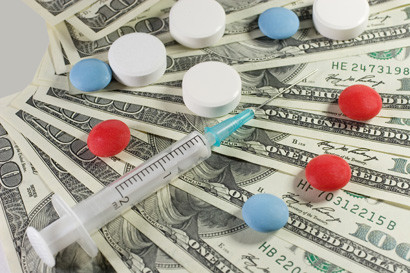News
Will pharma bring it to market?

Researchers work hard to develop new therapies and targets for the treatment of addiction. But discovering new potential treatments is just one step of many in bringing effective medications to people who can benefit from them. In order to fully research and develop drugs that show potential, scientists rely on pharmaceutical companies, who invest time and money to further research and test medications. If they are proven useful for treatment, these companies also market the drugs. These steps can be costly and time-consuming, with no guaranteed return. Convincing pharmaceutical companies to take new scientific findings on medications to the next level, especially those targeted at treating addiction, is no easy task.
In the June 2015 journal Nature, science writer Cassandra Willyard discusses some of the current barriers to getting effective addiction treatment medications to market, including:
- Proving profitability: Despite the success of drugs like opiate-treating Suboxone, which had sales topping $1.5 billion in 2012 before it went off-patent, pharmaceutical companies tend to shy away from addiction therapies, seeing them as unprofitable.
- Breaking the abstinence barrier: For drugs to be deemed effective by the FDA, abstinence has been the measure of clinical trial success. Stringent standards may keep drug companies from investing in treatments because of this high and hard-to-reach bar.
The landscape may be changing as the need to develop more effective drugs to combat addiction becomes apparent.
In early 2015, acknowledging that total abstinence in clinical trials may not always be an attainable goal, the FDA released tentative new guidelines for AUD clinical trial studies, which, if approved, would add reduction in heavy drinking as a new outcome measure.